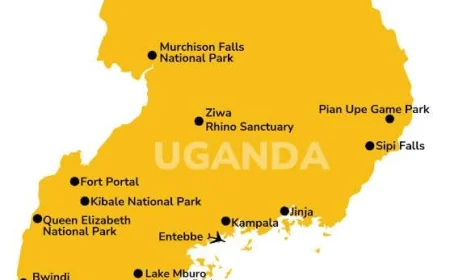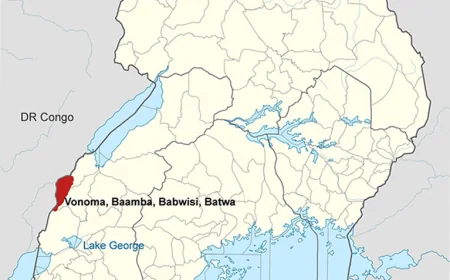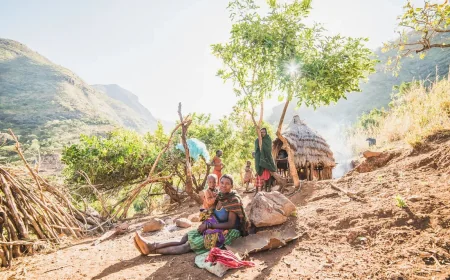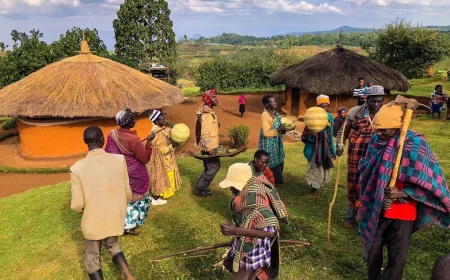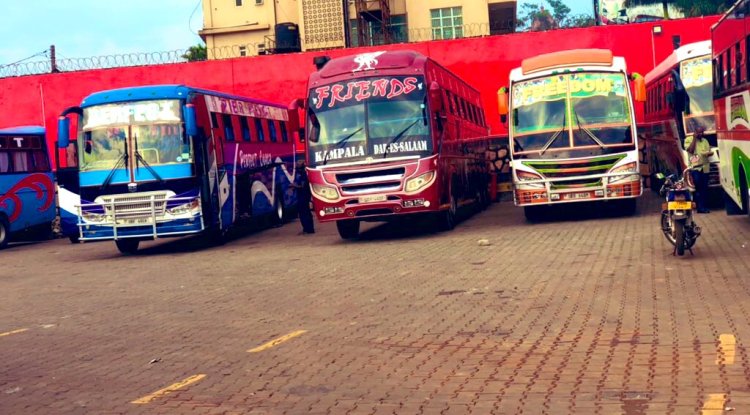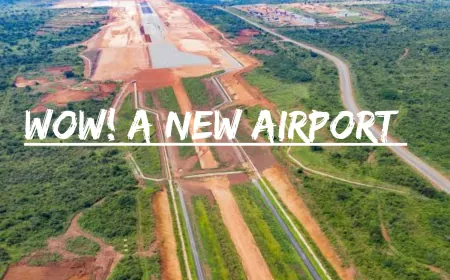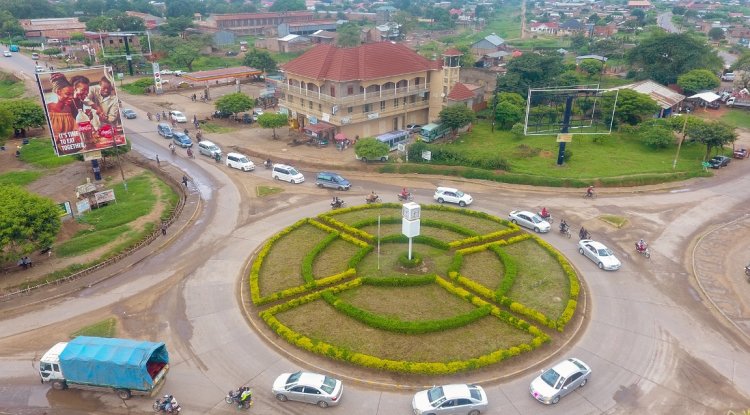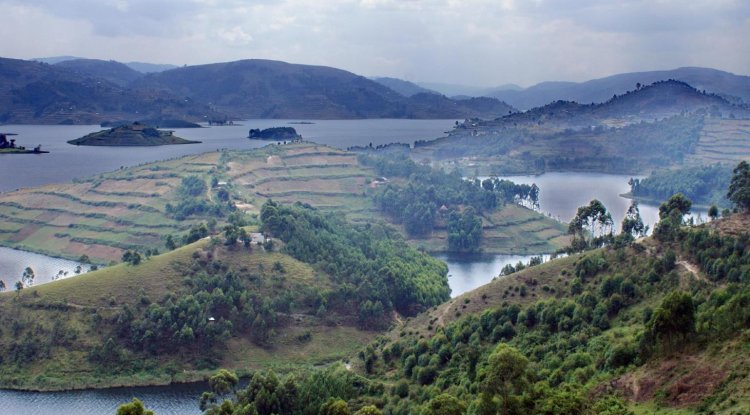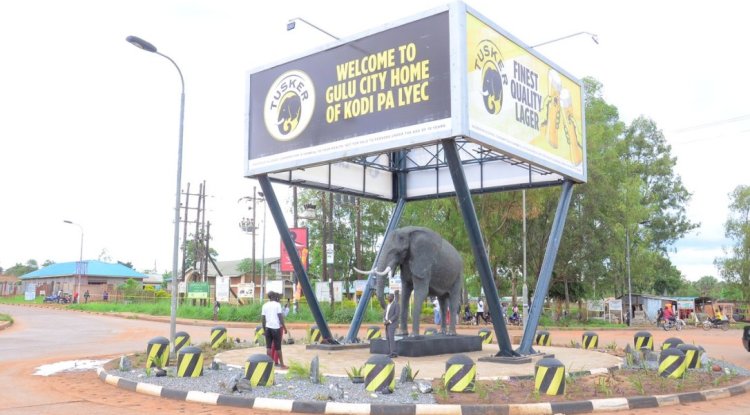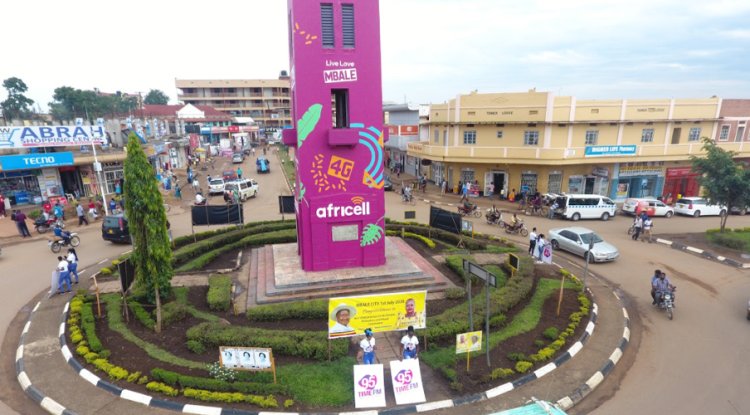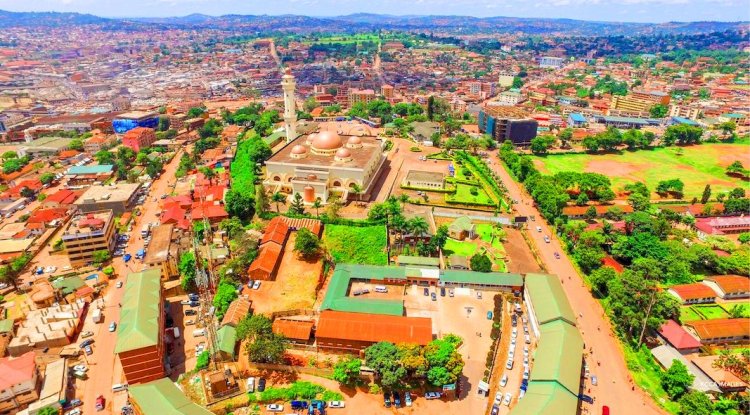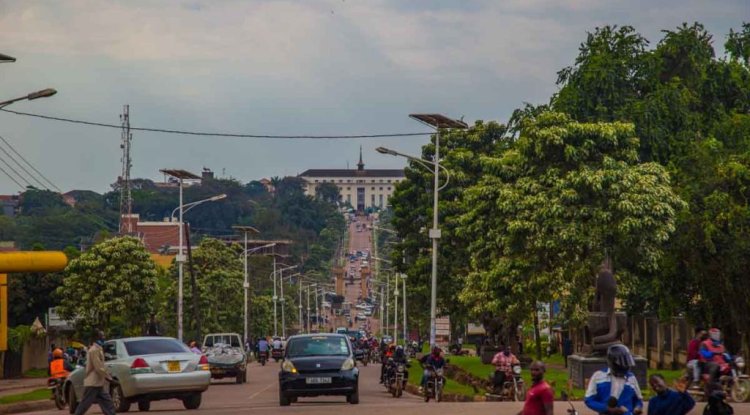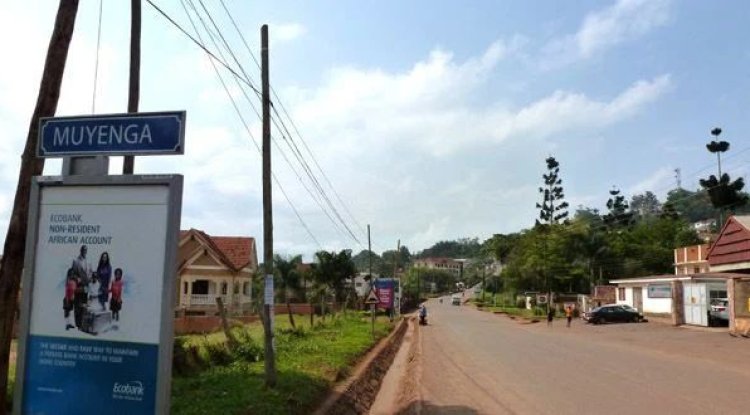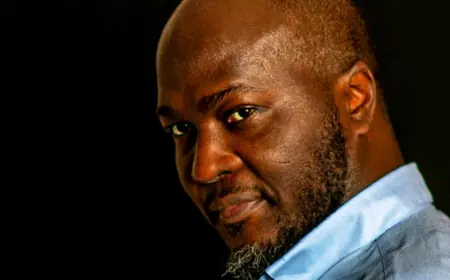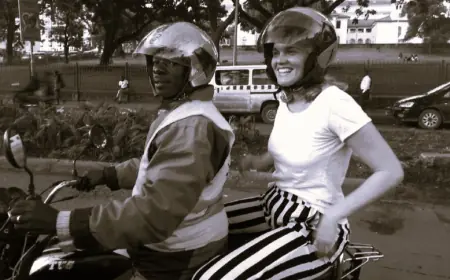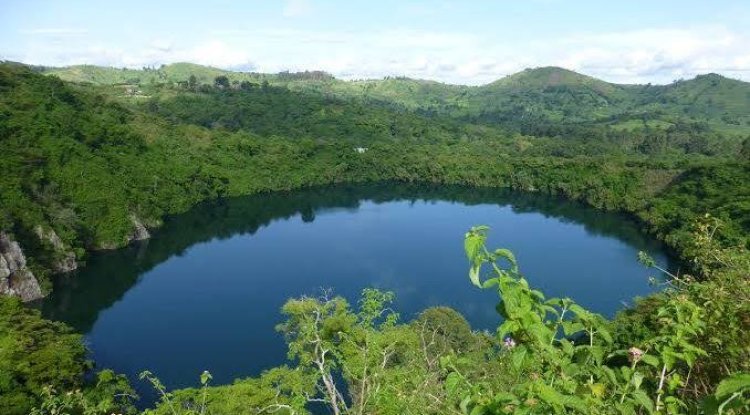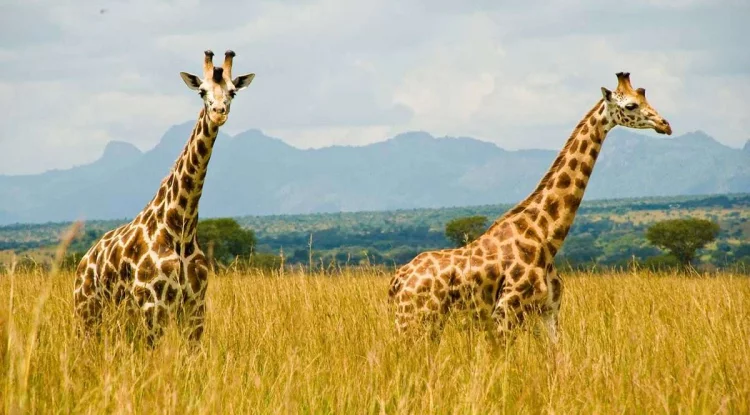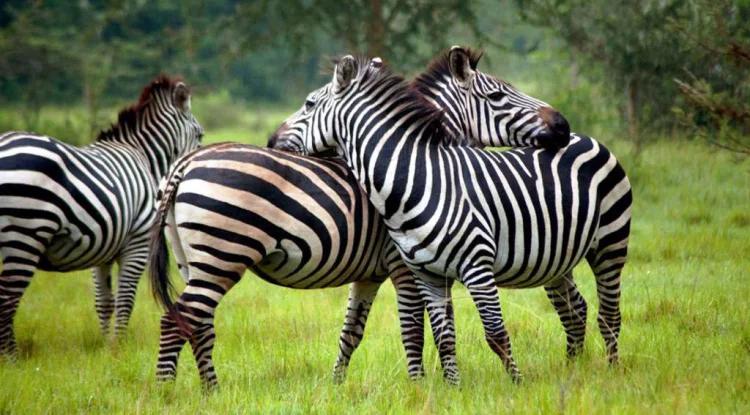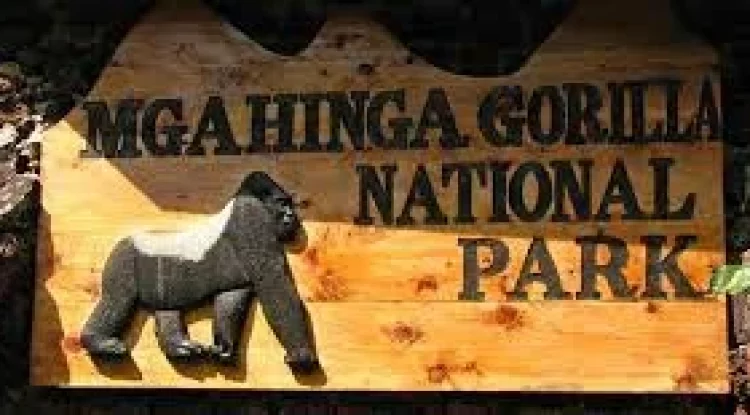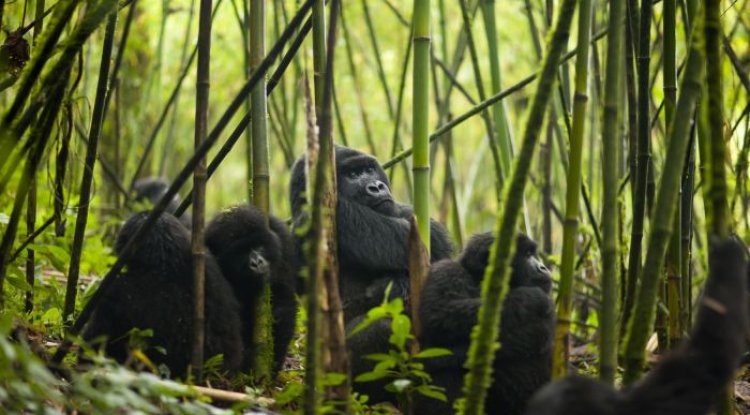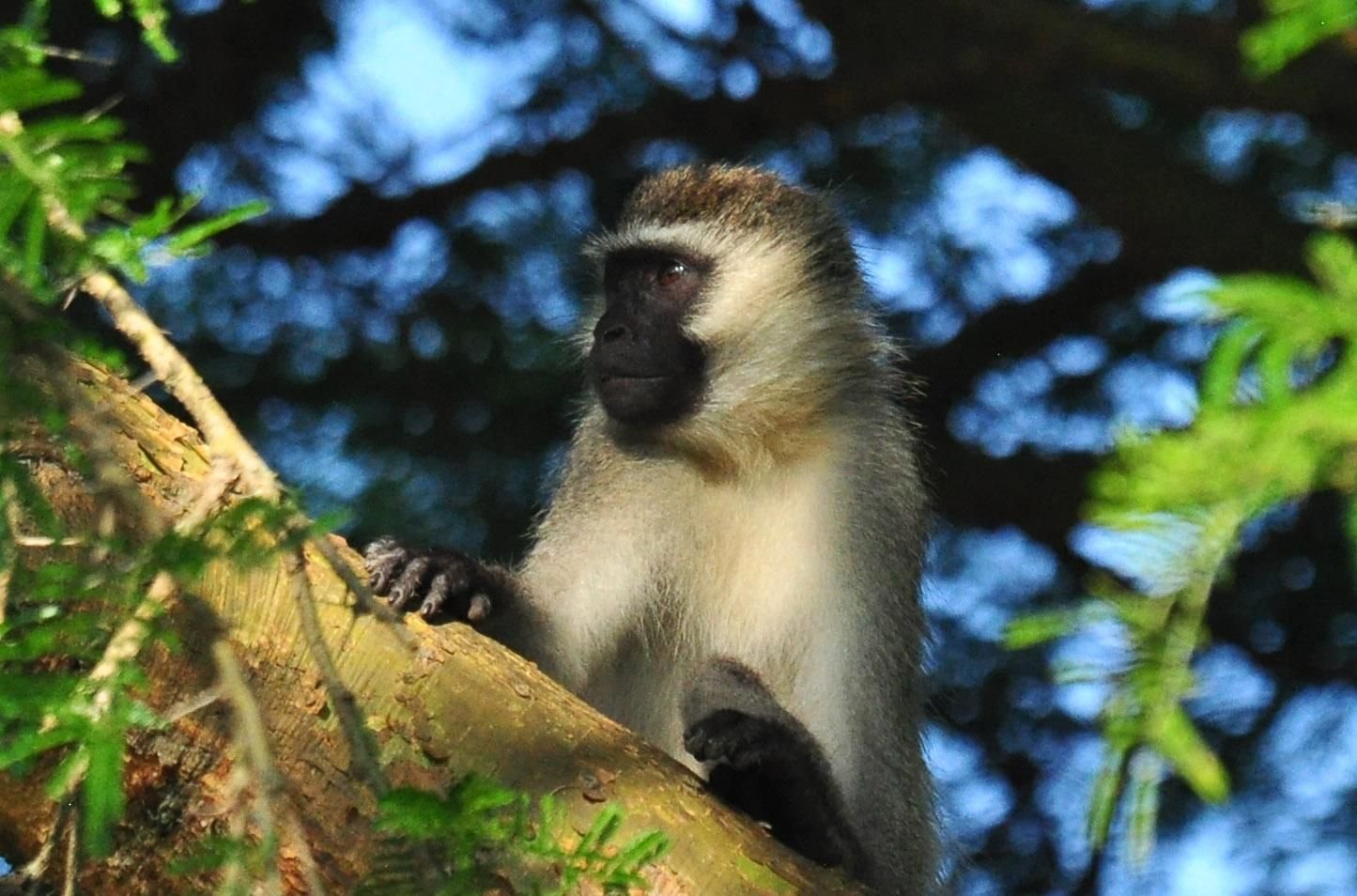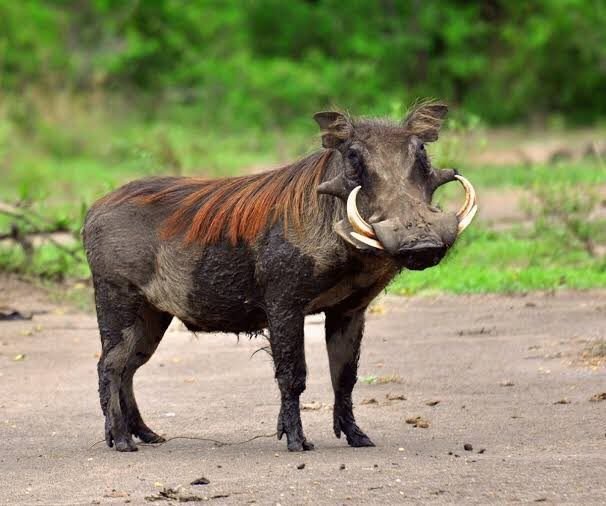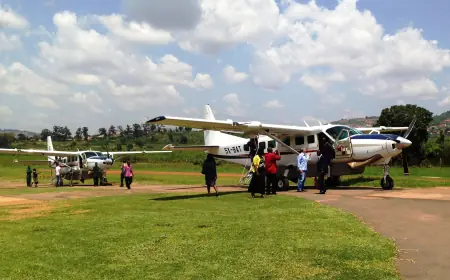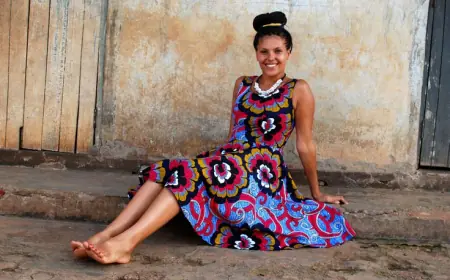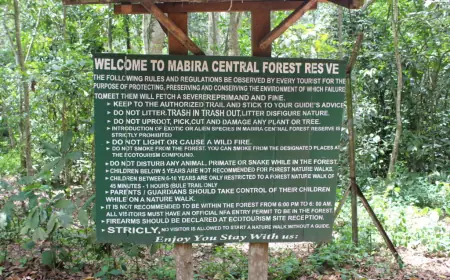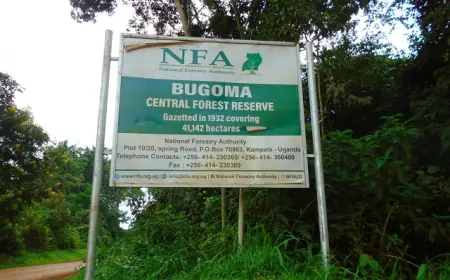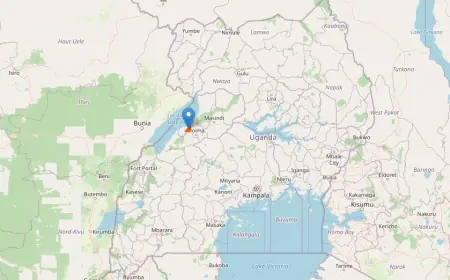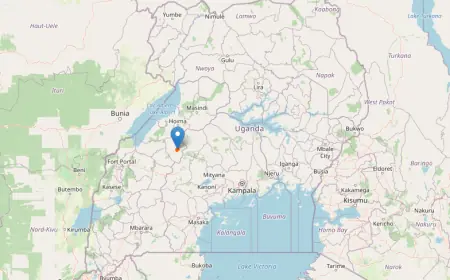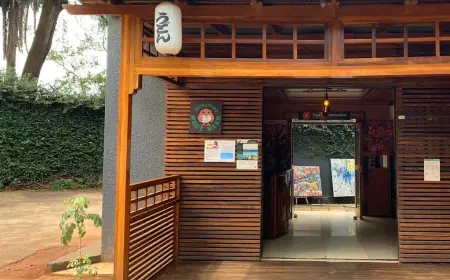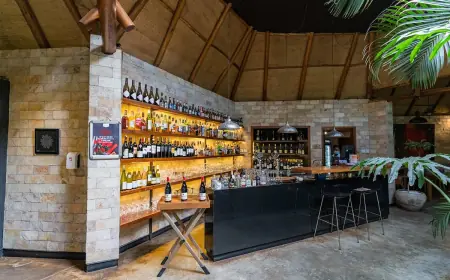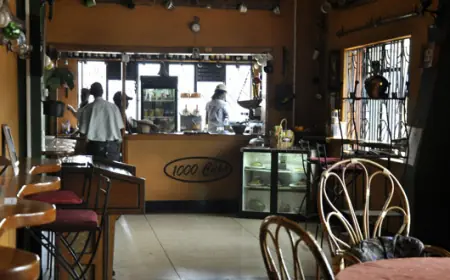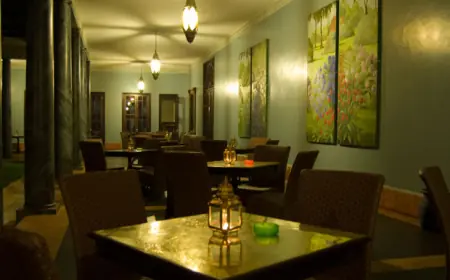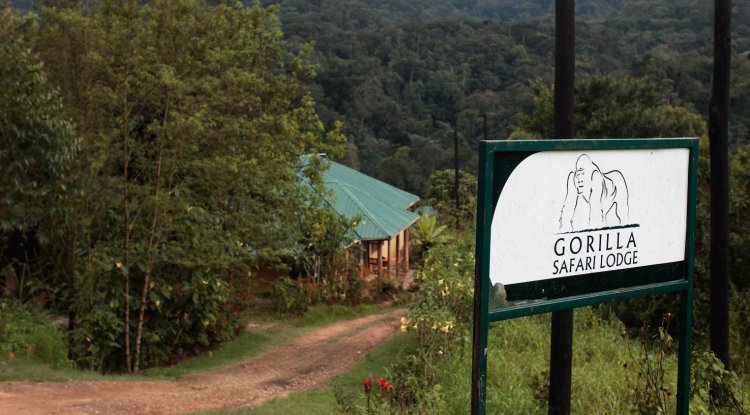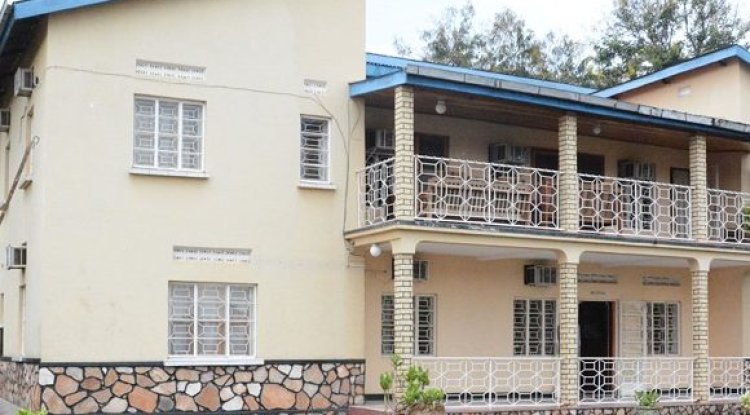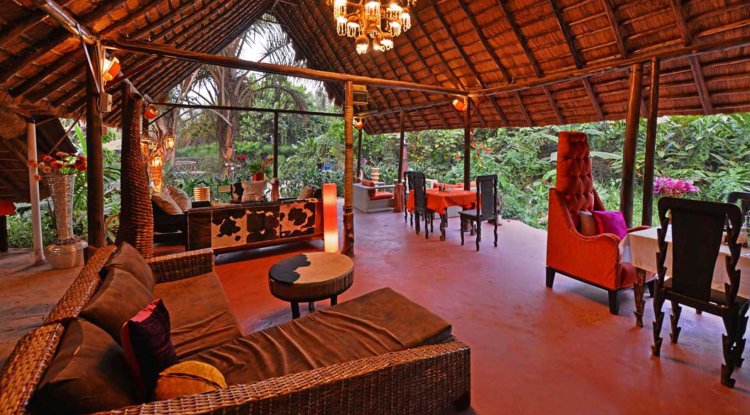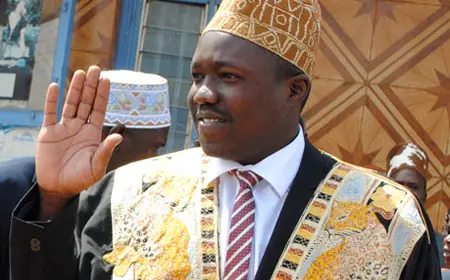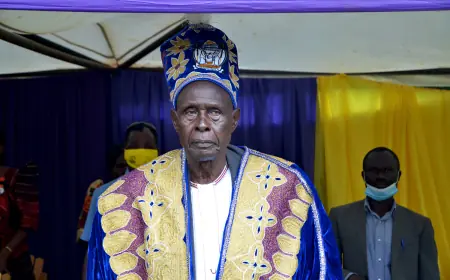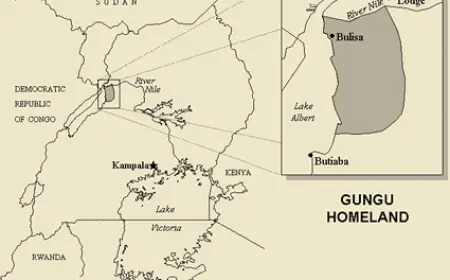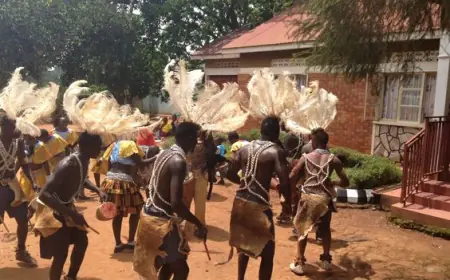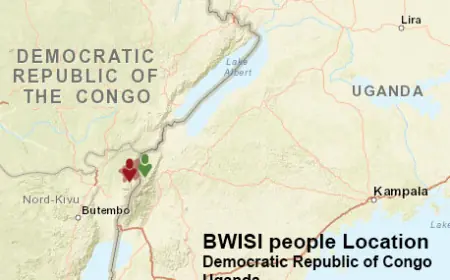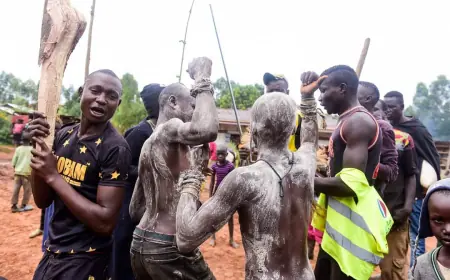Langi (aka lango)
The Langi have a unique history, culture, and identity that distinguish them from their neighbors. In this article, we will explore some of the aspects of the Langi tribe, such as their origin, language, traditions, challenges, and achievements.
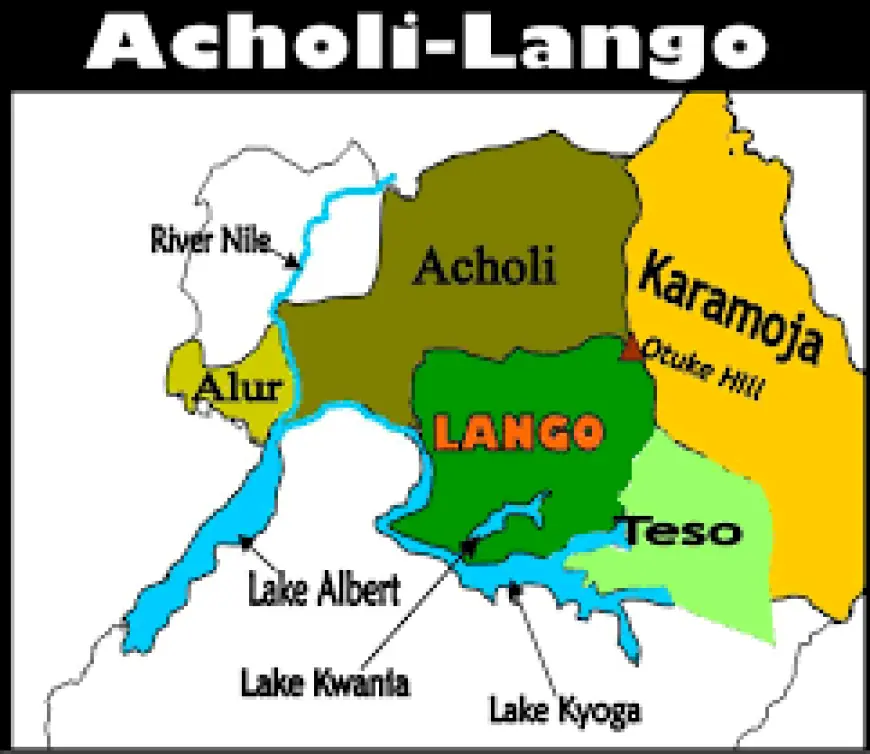
Imagine living in a land of lush green hills, fertile soils, and abundant wildlife. Imagine having a rich and diverse heritage that traces back to ancient migrations from Ethiopia. Imagine being part of a community that values hard work, cooperation, and harmony. This is the reality of the Langi, a tribe of people who inhabit the north-central part of Uganda.
The Langi (aka lango people) are one of the many ethnic groups that make up the mosaic of Uganda, a country in East Africa that is home to over 40 million people. The Langi have a unique history, culture, and identity that distinguish them from their neighbors. In this article, we will explore some of the aspects of the Langi tribe, such as their origin, language, traditions, challenges, and achievements.
Origin and Migration
The Langi are a Nilotic ethnic group, meaning that they belong to a group of people who speak languages that originated from the Nile Valley. The Langi are part of the Luo branch of the Nilotic family, which also includes the Acholi, the Alur, the Jopadhola, and the Luo of Kenya.
According to their oral tradition, the Langi are descendants of a group of people who migrated from Ethiopia in the 16th and 17th centuries. This group split into several subgroups along the way, some of whom settled in Kenya and Tanzania, forming the Kalenjin and Maasai tribes. Others continued to move southward, entering Uganda through the northeastern part.
The Langi were the last group to arrive in Uganda, and they encountered the Acholi, who had already established themselves in the northern region. The Langi adopted some of the Acholi customs and practices, such as cattle keeping, ironworking, and circumcision. The Langi also intermarried with the Acholi, creating a close kinship between the two tribes.
The Langi continued to move westward, pushing the Acholi northwards to Lake Kyoga. The Langi settled in the area that is now known as the Lango sub-region, which covers the districts of Amolatar, Alebtong, Apac, Dokolo, Kole, Lira, Oyam, Otuke, and Kwania. The Langi claim that they originated from the mountains of Otukei and Atwi, which are believed to be blessed with abundant rain.
Language and Dialects
The Langi speak the Lango language, which is a Western Nilotic language of the Southern Luo group. The Lango language is closely related to the Acholi language, and the two are mutually intelligible. The Lango language is also similar to other Luo languages, such as Dholuo, spoken by the Luo of Kenya, and Alur, spoken by the Alur of Uganda and Congo.
The Lango language has several dialects, which vary according to the geographical location and the historical influences of the speakers.
The Lango language is written using the Latin alphabet, with some modifications to represent the sounds that are not found in English. For example, the letter ñ is used to represent the nasal sound /ŋ/.
Traditions and Customs
The Langi have a rich and diverse culture, which is reflected in their traditions and customs. Some of the aspects of the Langi culture are:
-
Clan system: The Langi have a clan system, which is based on patrilineal descent. The clan is the basic unit of social organization, and it provides a sense of identity, belonging, and solidarity. The Lango people have over 148 registered clans with the Lango Cultural Foundation, a cultural institution mandated with the powers to organize, control, and represent all clans in the Lango communities.
-
Marriage: The Langi practice both monogamy and polygamy, depending on the preference and ability of the husband. The bride-price in Lango is about fourteen heads of cattle and a significant amount of other goods such as goats, cloth, cooking pots, and hoes, which are paid to the family of the bride. The wedding ceremony is usually held at the bride’s home, where the couple exchange vows and rings and receive blessings from the elders. The wedding is followed by a feast and a dance, where the guests celebrate the union of the couple.
-
Religion: The Langi have a traditional religion, which is based on the belief in a supreme being, called Jok, who created the world and everything in it. The Langi also believe in the existence of spirits, ancestors, and divinities who influence the affairs of the living. The Langi have a system of worship where they offer prayers, sacrifices, and offerings to Jok and the other spiritual beings, especially during times of need, such as drought, famine, disease, or war. The Langi also have a system of divination, where they consult oracles, such as bones, stones, or dreams, to seek guidance and advice.
The Langi have also adopted Christianity, which was introduced by the missionaries in the late 19th and early 20th centuries. The Langi have embraced Christianity as a way of enhancing their spiritual life and as a source of education, health, and development. The Langi have various Christian denominations, such as Catholic, Anglican, Pentecostal, and Seventh-day Adventist. The Langi also have some Muslims, who were influenced by the Arab traders and the Buganda kingdom. The Langi have a culture of religious tolerance and harmony, where they respect and coexist with people of different faiths.
Death and Afterlife. The Lango believe that the soul, or shadow, leaves the body when it is being buried and takes up home in the jungle, near the deceased's living relatives. These shades frequently live in caves, rocky outcroppings, or near bodies of water, and they remain actively involved in the affairs of their living relatives. There is no concept of the afterlife as a reward for virtuous behavior or a punishment for evildoers. Instead, the afterlife represents another stage in social existence because death just converts a person into an ancestor spirit, who then participates in the community's ritual life. Overall, the significance of an ancestral spirit is a reflection of the importance of that person during life; thus, children and women are not as likely to be regarded as prominent ancestors.
The Langi are a tribe of resilience and culture who have overcome many challenges and achieved many successes. The Langi are proud of their history, culture, and identity, and they look forward to a brighter future. The Langi are a tribe that deserves recognition and respect, as they are part of the diversity and beauty of Uganda.
What's Your Reaction?
 Like
0
Like
0
 Dislike
0
Dislike
0
 Love
3
Love
3
 Funny
0
Funny
0
 Angry
0
Angry
0
 Sad
0
Sad
0
 Wow
0
Wow
0
